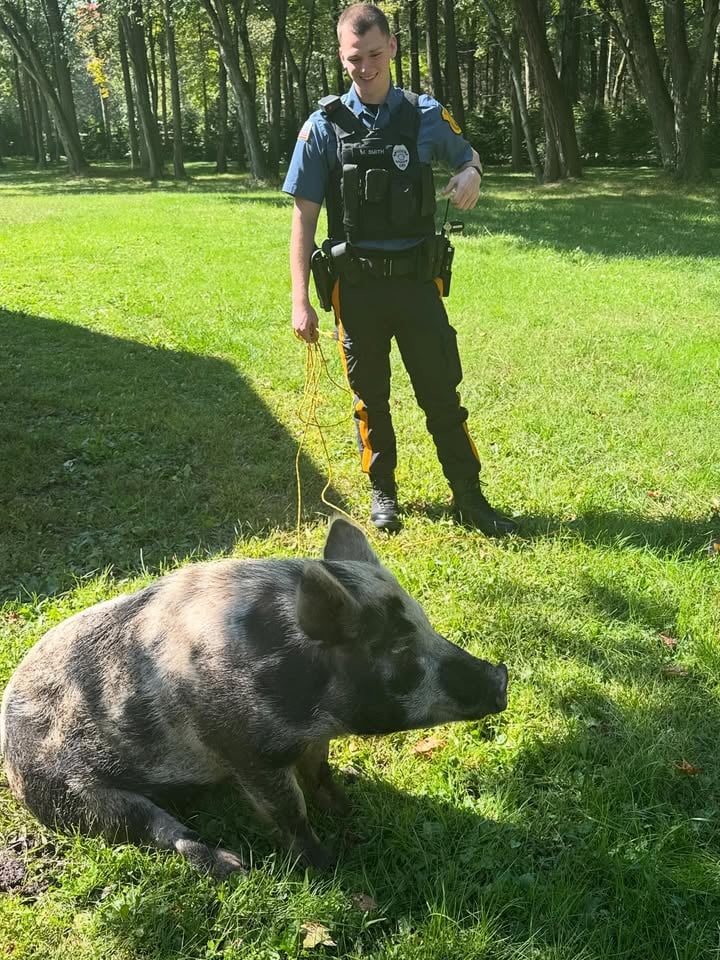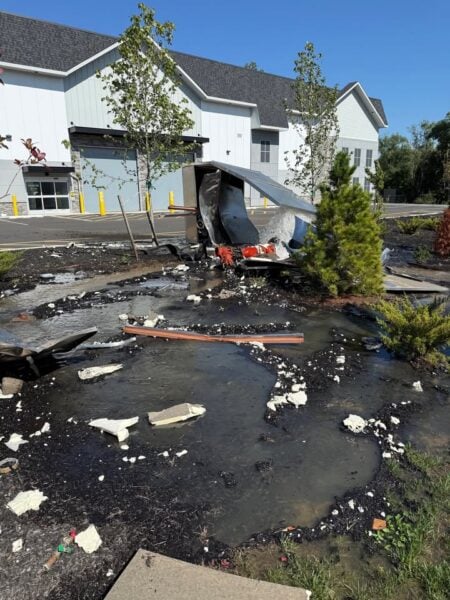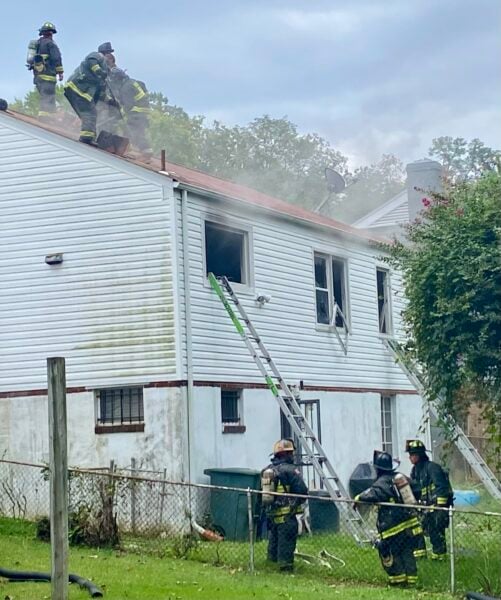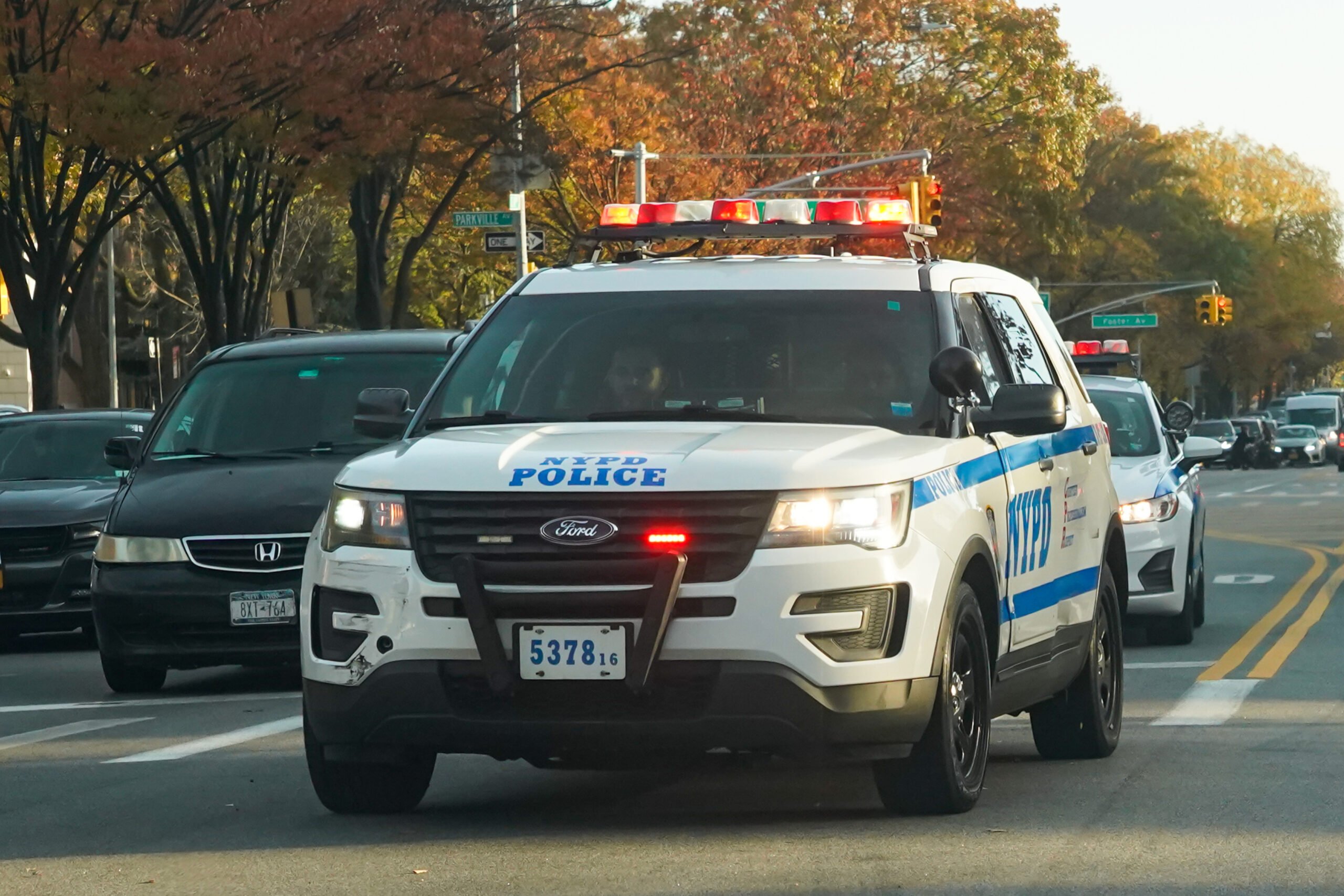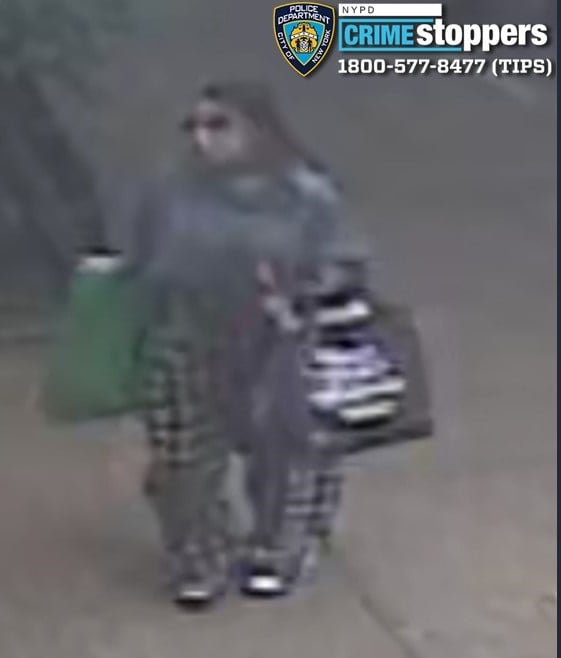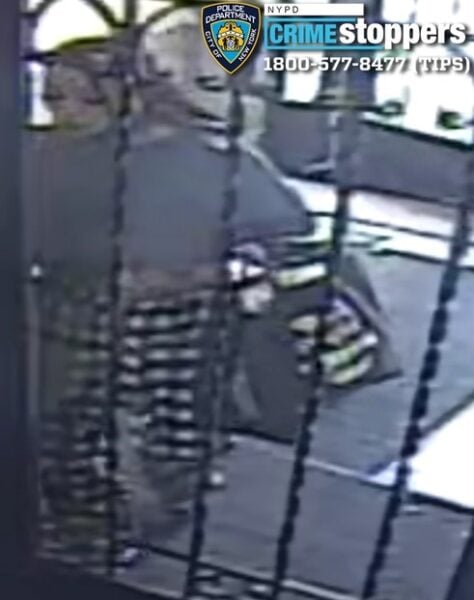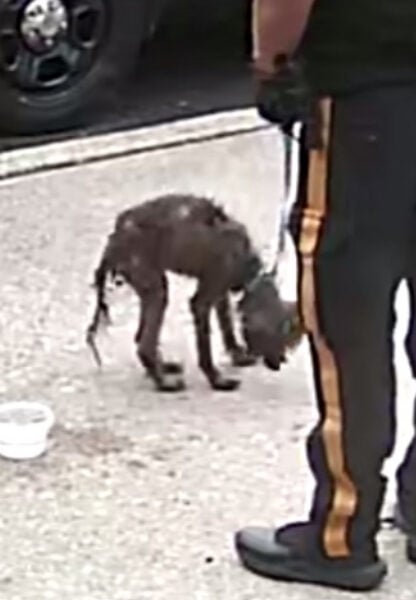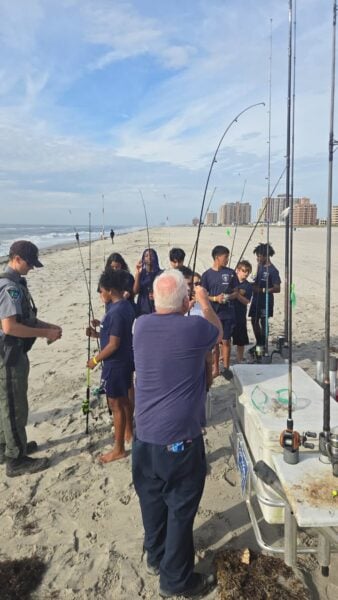Key Points
- Monroe Township police recovered a loose pig early Sunday morning
- Officers shared a lighthearted post featuring the animal on a leash
- The department is seeking the pig’s rightful owner
Monroe Township, NJ – Police in Middlesex County found themselves handling an unusual call over the weekend when they took custody of a wandering pig that had gone on an overnight trek.
The Monroe Township Police Department posted a photo of the animal on Sunday, showing the black-and-white pig secured on a leash next to an officer. In a tongue-in-cheek caption, the department assured followers that the reference to a “lost pig” was directed at the animal, not Officer Smith, who posed for the picture.
Social media laughs, but owner still needed
The lighthearted post drew attention online, with the department joking that “the jokes write themselves.” Despite the humor, police emphasized they are working to find the pig’s rightful home.
Anyone who recognizes the animal or knows the owner is urged to contact Monroe Township police at 732-521-0222.
–––
Ad: Save every day with Amazon Deals: Check out today's daily deals on Amazon.
